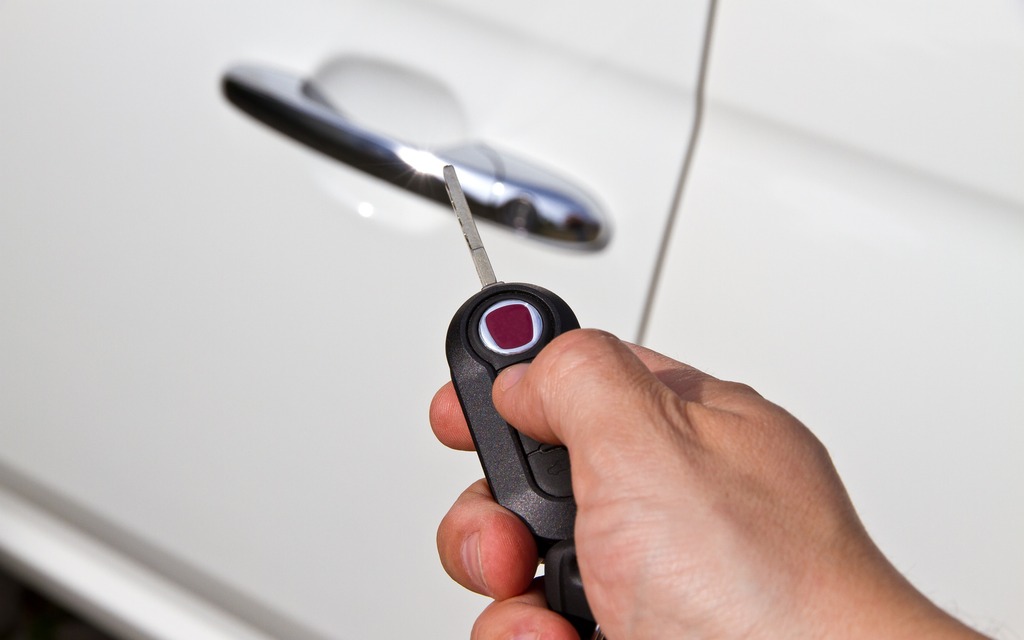10 Seconds Flat: 21st Century Car Theft
by Éric Plamondon - FPAA, National Bank Insurance paid contributor
You park your car, get out and lock the doors, turn on your anti-theft system, then go a few steps before realizing you forgot something in the backseat. You go back to the car: it’s gone.
Forget hangers
The thief connected to your car’s on board diagnostic system and made it believe that the key he had in his hand was the one for your car. The whole thing happened in less than 10 seconds. He could also have intercepted (and cloned) your key’s signal when you locked the doors. Last year, nearly half of the 89,000 car break-ins in London happened using one of these techniques.
The radio, mirrors, locks, seats, lights, brakes, trunk… A car can have up to 80 small computers (control modules, essentially) controlling all its systems. And they provide as many targets for car hackers, who aren’t shy about taking advantage of the opportunity this presents. For $20, they can take control of many of your car’s systems, in just a few short minutes.
Still have doubts? Watch this report.
Beyond theft
Once an ill-intentioned person has taken control of your car’s brain, they can pretty much do anything, anytime. Will they program the brakes to fail when you round a corner? Will the trunk pop open in the night? Or will they just interrupt your sleep by setting off the alarm at all hours of the night? The possibilities are as varied as they are malicious.
You might be shocked to learn that even a Tesla, a paradigm of modern technology, can be pirated the same way your computer can: by cracking a six-character password. You might be even more shocked to learn that Tesla doesn’t deactivate the password if it’s entered incorrectly multiple times, and some see that as evidence that car manufacturers are way behind the curve in terms of the security of the technology on board their vehicles. And Tesla is far from the only manufacturer at fault: Chrysler, Toyota, and even Volkswagen are just as vulnerable to hacking.
What’s the solution?
While there doesn’t seem to be a solution in sight in the short term, especially considering that within four years connected vehicles will represent 67% of worldwide sales, the industry is starting to get organized, bit by bit. A group of car manufacturers have even gotten together to create Battelle Cyber Innovations, an organization that conducts research on the subject.
What can I do? Will my insurance still cover me?
There’s nothing you can do beyond what you’re already doing: being careful. Do what you can to prevent theft, make sure you have insurance protection that covers you in case of theft (Section B, protection 1, 3, or 4) and wait for a solution to present itself. There’s no point in worrying about it, especially since there’s not much you can do about it.
Car insurance does cover this type of theft; no distinction is made between this technique and any other. However, it’s not impossible that you might one day be required to install an anti-virus or firewall in your car, and a condition could be put in your contract requiring you to update your software on a regular basis.
This is probably only the first we’ll be hearing about this issue, and soon enough it may become a serious concern for insurance companies. Until then, policyholders, actuaries and claims adjusters may find themselves tearing their hair out on more than one occasion…







